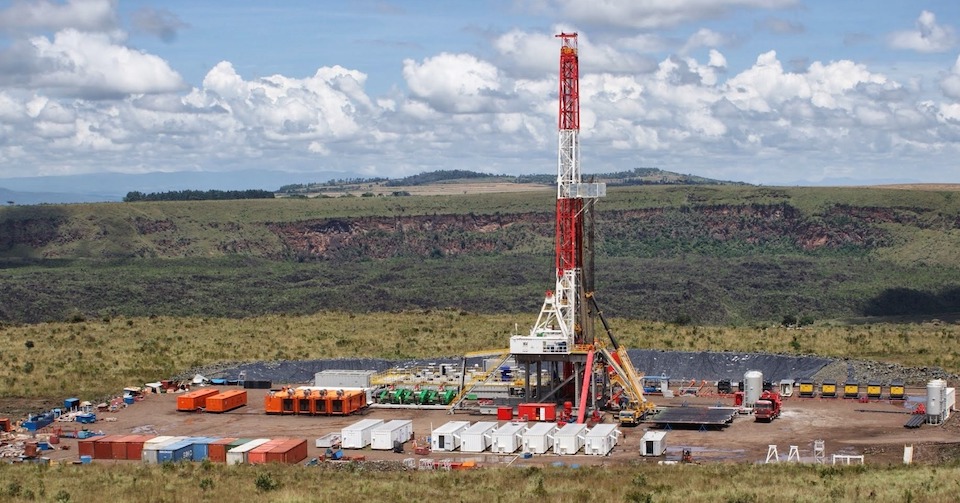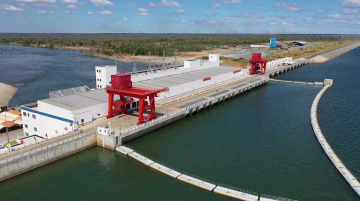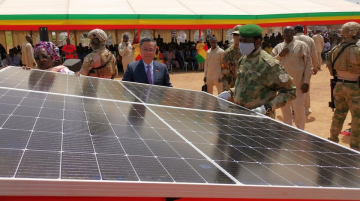As Africa moves into the second quarter of this century, it faces a complex set of opportunities and perils. The continent’s vibrant youth population, mineral wealth, and vast capacity for renewable energy are examples of such opportunities. However, the continent is also subject to a nexus of preexisting development backlogs, a growing climate threat, and over-expensive and inaccessible financing that makes it harder to reach the development goals outlined in the African Union’s Agenda 2063.
Electricity lies at the heart of these issues. About 43% of Africans still lack access to electricity, while about 970 million don’t have clean cooking fuel. This scarcity has numerous knock-on effects. It leads to worse healthcare and education outcomes while also holding back industrialization and, with it, job creation.











